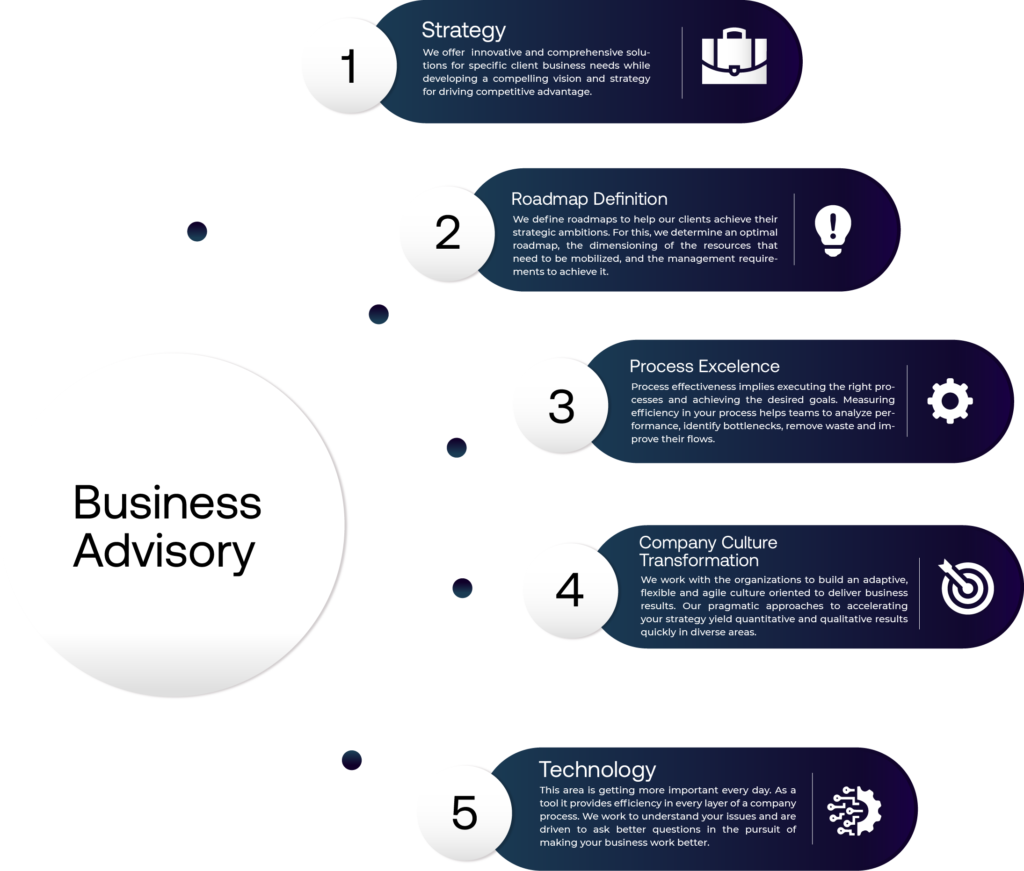01. Services

02. IT Consulting Services
• It-infrastructure Management
• Software Development
• Help Desk Application Support
• Cloud Consulting - Migration
03. Outsourcing
• Processes outsourcing
• Project outsourcing
• Operational outsourcing
Advantages

04. Search for local and international suppliers
When it comes to finding a supplier or manufacturer, you can source from local companies or you can go global. Both methods have their own pros and cons, so to help you understand the main differences between the two, we’re going to explain why you might want to keep things local and when to take advantage of the global supply chain.
LOCAL SUPPLIERS
PROS
– Local sourcing can be great for PR, it allows you to demonstrate investment in your local community.
It’s great for local suppliers who will benefit and take pride in serving their local community.
– Local sourcing allows you to see exactly what you’re paying for as you’re able to travel to suppliers for development, management, and site inspection purposes.
It can become far easier to source specialized products from a local supplier as you can visit them on a regular basis to explain face to face your requirements.
– Shorter supply chains which could (if lucky), lead to greater predictability of delivery times.
CONS
– Close connections with local suppliers can lead to issues with ethical supplier selection.
If you were to terminate a contract with a local supplier, undesirable local publicity could arise.
– You might not be able to find high-quality products within your home country.
– Economic implications in your home country could impact delivery and supply chains.
– You might occur possible resistance to change especially if you require something innovative and out there.
– Your chosen supplier may come to depend on you as their main source of income.
INTERNATIONAL SUPPLIERS
PROS
– Access to a wider assortment of products than you may be able to find domestically.
– Access to unique, hard-to-find products, which can attract more customers.
– Access to suppliers worldwide, which means you have many more options than you have domestically.
– Overseas suppliers are often more open to working with small businesses or producing small quantities.
– You can increase your total supply capacity by using multiple suppliers globally or in different regions, which can also protect you against supply chain problems caused by natural disasters.
– You can gain access to resources, materials or skills that you can’t find domestically, such as the ability to manufacture a specific type of product.
– Sourcing overseas is a learning experience that can provide a stepping stone to selling in new markets overseas.
– Overseas manufacturers generally offer substantial cost savings compared to sourcing domestically.
CONS
– You may experience different industrial or technical standards, which may or may not you’re your home country’s requirements.
– Restrictions are in place that may affect import or export – at either end of transactions, such as quotas and tariffs.
– Documentation requirements for cross-border processes may be time-consuming and complicated.
The currency exchange rate can fluctuate.
05. Business challenges we will face toghether

06. Steps




07. Industries we work with

Real Estate

Construction

Agriculture

Services

Hotels & restaurants

Technology

Energy (sustainability)

